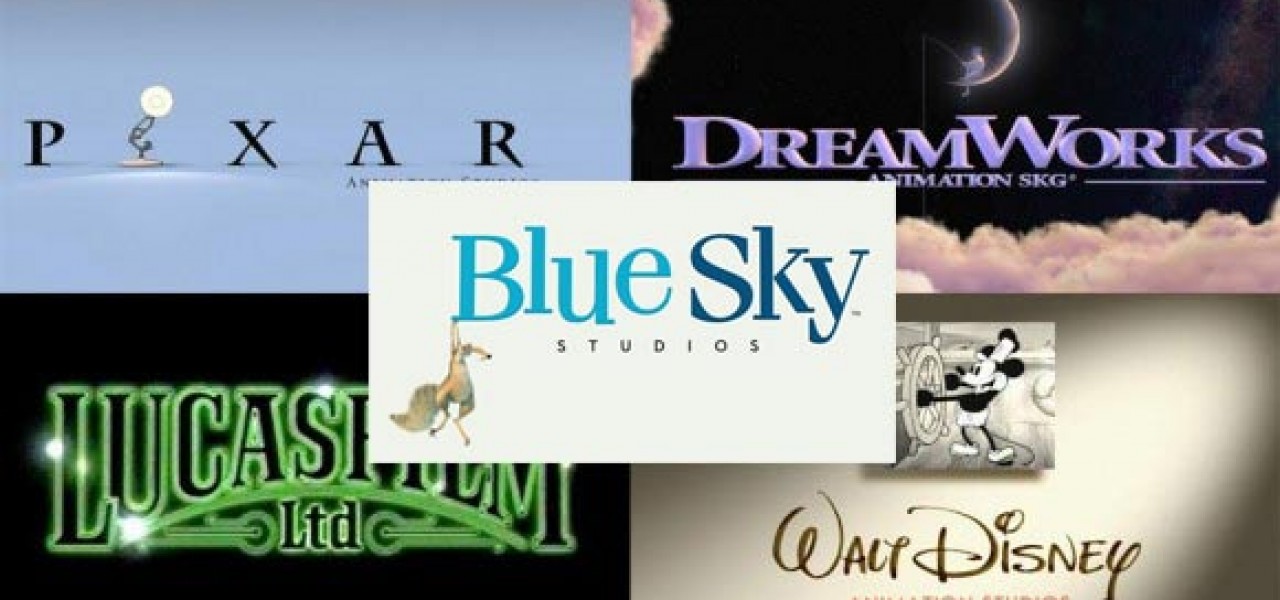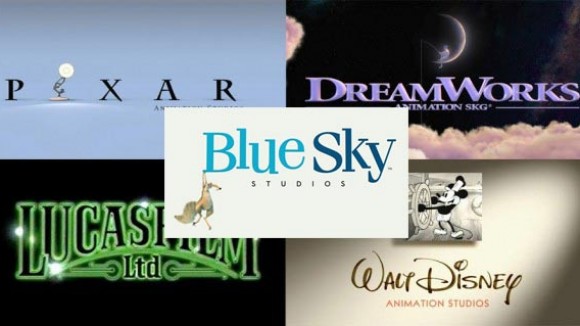

New Evidence Emerges of Wage-Fixing by DreamWorks, Pixar and Blue Sky

The wage-theft scheme operated by major American animation studios continues to grow with no end in sight. Yesterday, the three existing class-action suits against the studios filed earlier this fall were combined into one sprawling 34-page complaint.
The amended complaint implicates Jeffrey Katzenberg’s DreamWorks Animation as playing a much larger role in the conspiracy than previously assumed, and also presents evidence that Connecticut-based Blue Sky Studios of Ice Age and Rio fame was working in collusion with the other studios.
The accused studios, among them Pixar, Lucasfilm, ILM, DreamWorks Animation, The Walt Disney Company, Sony Pictures Animation, Sony Pictures Imageworks, Blue Sky Studios, and Imagemovers, “secretly agreed to work together to deprive thousands of their workers of better compensation and deny them opportunities to advance their careers at other companies,” according to the filing.
Demanding a jury trial, the complaint was filed by lawyers at a trio of law firms: Daniel A. Small of Cohen Milstein Sellers & Toll, Steve Berman and Ashley Bede of Hagens Berman Sobol Shapiro, and Marc Seltzer of Susman Godfrey. Northern California District Judge Lucy H. Koh, who proved resilient against technology corporations during the High-Tech Employee Antitrust Litigation, has also been assigned to handle this case against the animation studios. She was wrangled into the dispute after lawyers for Robert A. Nitsch, the first artist who filed suit, suggested that Koh take the case due to its relation to the earlier High-Tech litigation.
Mark Ames at Pando has written another excellent must-read piece summarizing the “bombshell new material” in the amended filing:
- The wage-fixing conspiracy spread across the VFX industry earlier than previously reported.
- DreamWorks Animation’s role in the wage-fixing conspiracy was more far-reaching than first reported.
- Pixar kept a list of competitors with which it had secret non-solicitation agreements.
- New evidence of Blue Sky Animation’s participation in the collusion
The new filing maintains that Ed Catmull was the godfather of the scheme along with his co-conspirators Steve Jobs and George Lucas. However, we’re beginning to learn the extent to which other studios besides Pixar and Lucasfilm participated in this scheme to artificially suppress the wages of animation workers.
Steve Jobs, it turns out, may have personally brought Jeffrey Katzenberg into the conspiracy. New evidence also suggests that while Pixar and DreamWorks may have competed at the box office, screwing over their employees represented an apparent convergence of interests for both companies:
[W]hen a new contract recruiter at DreamWorks contacted a Pixar employee in March 2007, Catmull wrote him to explain their understanding: “While we do not act to prevent people from moving between studios, we have had an agreement with Dreamworks not to actively pursue each others employees [sic]. I have certainly told our recruiters not to approach any Dreamwork [sic] employees.” Pixar’s Vice President of Human Resources, Lori McAdams, wrote to Catmull that she “know[s] [Dreamworks’] head of HR Kathy Mandato well, and she’s in agreement with our non-poaching practices, so there shouldn’t be any problem.” McAdams checked with Mandato to make sure there was “no problem with our past practices of not poaching from each other,” to which Mandato replied “Absolutely! You are right . . . (my bad).”
DreamWorks was similarly committed to enforcing the anti-solicitation scheme against other studios. For example, Mandato asked Pixar not to solicit DreamWorks employees when a recruiting email was sent to a DreamWorks employee by mistake. McAdams’ response: “Argh, it shouldn’t have gone to anyone at work or our competitors people [sic]. I’ll put a stop to it!”
Pixar’s human resources v-p Lori McAdams, who is mentioned above, pops up repeatedly in the new filing. In an early 2007 email, she wrote to her competitors at Sony Pictures Imageworks, ILM, DreamWorks, Disney, and Blue Sky, telling them “[c]hatting with all of you each day is really becoming a fun habit. I’m thinking it’d be a great resolution for 2007 that we all just have a short conference call each morning to start our days off right.” It’s unconscionable when you realize why she was chatting with these competing studios, not to mention that such actions potentially put her in violation of American laws, like the Sherman Act and the Cartwright Act.
As the lawyers representing the animation workers conclude::
No studio acting in its own independent self-interest in the absence of a conspiracy to suppress compensation would share this kind of compensation information, let alone with such a large group of competitors. Absent an agreement not to compete on compensation, any studio sharing such information would be handing its competitors specific information about how to best compete with them for employees and candidates. Such behavior only makes sense in the context of a conspiracy to suppress compensation.
The entire complaint which is embedded below offers countless more details about the actions of the studios:

.png)